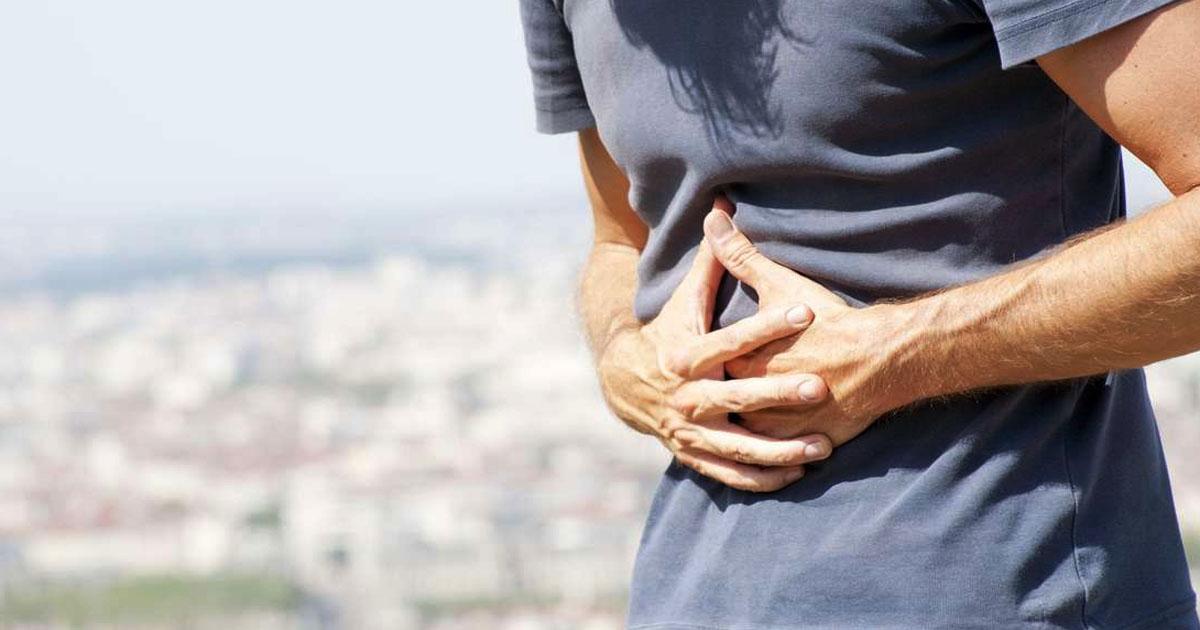

Everything you need to know about Pancreatitis condition along with treatment options
Overview
Pancreatitis is referred to as inflammation of the pancreas. The pancreas is the large gland that is present behind the stomach and is close to the small intestine beginning.
Types of Pancreatitis
Pancreatitis is of 2 types
- Acute pancreatitis happens suddenly and it can last for a few days.
- Chronic pancreatitis happens with time and it can lead to scarring and the normal functioning of the pancreas is affected. With this condition, the digestion is impacted or the diabetes problem can occur.
If there is a problem of acute pancreatitis then it can lead to chronic types. If the condition is severe then it can turn out to be life-threatening.
Symptoms
Symptoms of acute pancreatitis:
- Pain in the upper abdomen which reaches the back or because of eating it can become worse.
- Pain in the abdomen when touched
- Nausea or vomiting
- Fever
- Rapid pulse
- Weight loss
Symptoms of chronic pancreatitis may include:
- Indigestion
- Oily, smelly stools
- Pain in the upper abdomen
- Unexplained weight loss
Make sure to consult the doctor for abdominal pain or if the condition is getting or discomfort is increasing with time.
How is the problem diagnosed?
To diagnose your condition, the doctor is going to ask about the symptoms. After that, a physical examination will be done and different tests which are mentioned below:
- Blood tests
- CT (computed tomography) scan
- Urine tests
- Stool tests
- MRCP (magnetic resonance cholangiopancreatography)
- Abdominal ultrasound
- Endoscopic ultrasound (EUS)
Treatment
The treatment will be started at the hospital and then it will begin at home. Some of the best options are:
- Pain medication and pain management
- IV (intravenous) fluids
- Antibiotics
- ERCP (endoscopic retrograde cholangiopancreatography)
- Surgery to remove the gallbladder (cholecystectomy)
- Surgery to drain fluid from the pancreas or to remove effects on pancreas parts.
- Dietary changes and enzyme supplements
- Fasting so the pancreas can rest
